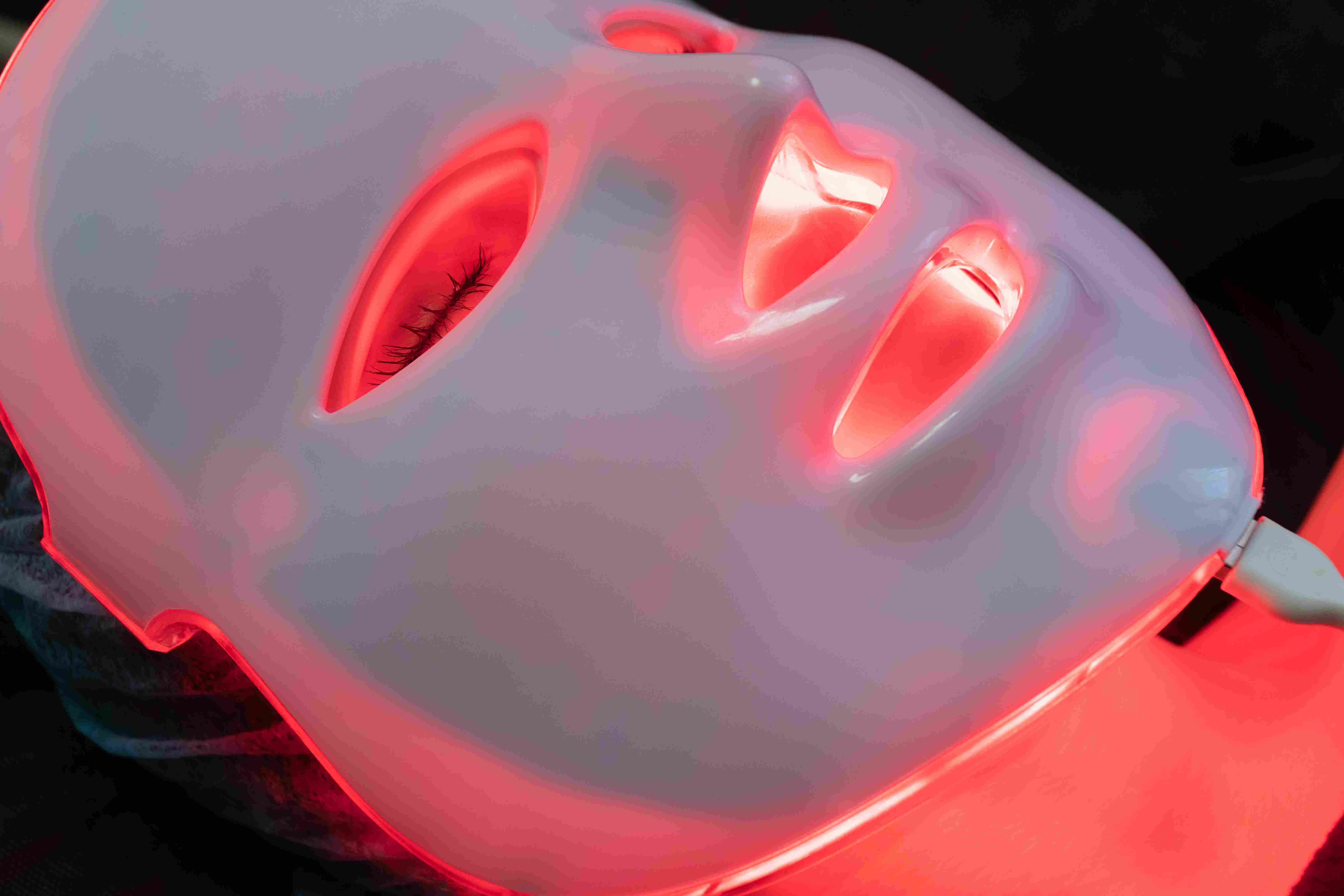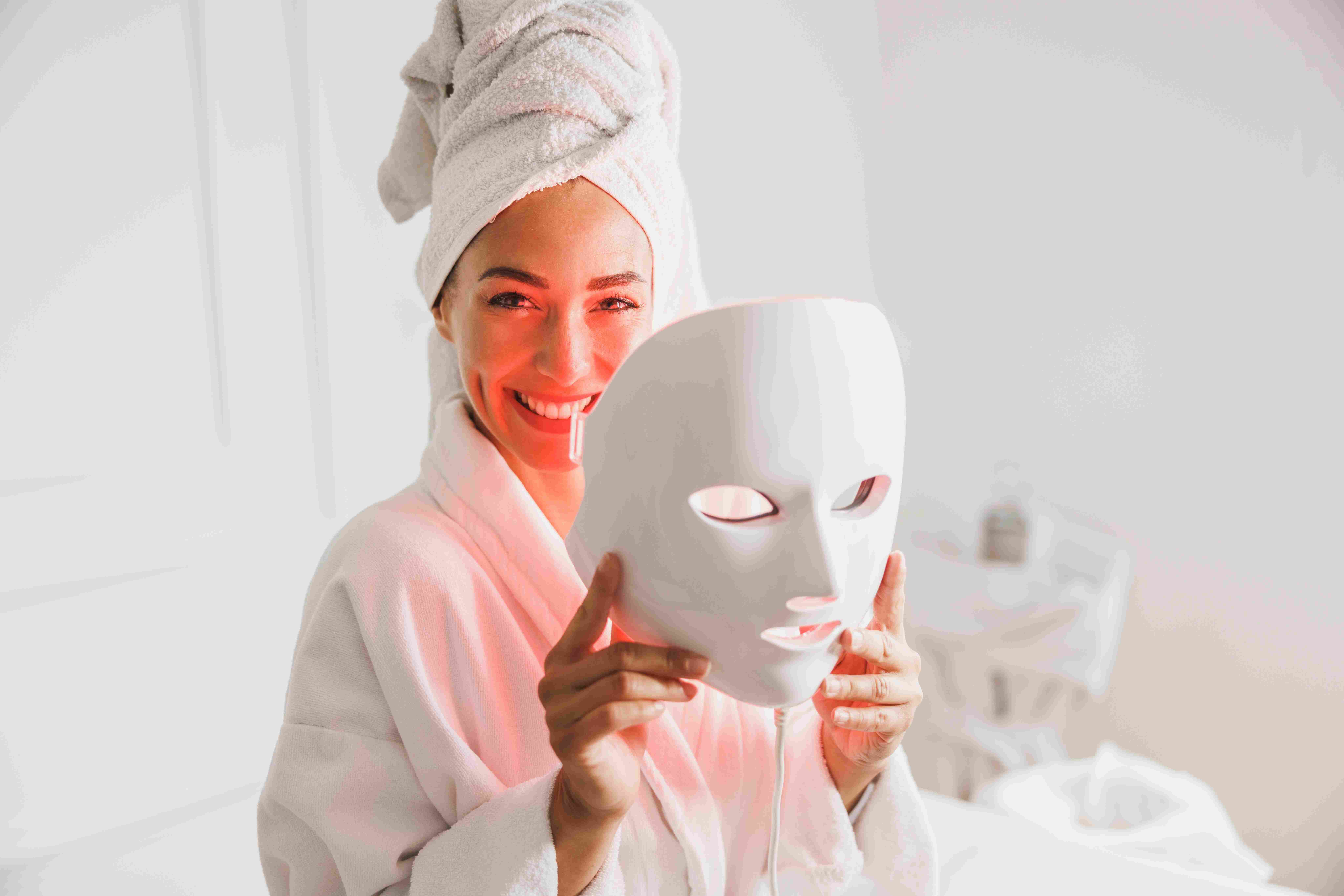

Are light therapy masks the real deal or just another internet fad? In recent years, these masks have gained popularity as a skincare tool, claiming to treat a variety of skin concerns such as acne, wrinkles, and uneven skin tone. But are they really effective, or is it all just hype?
In this article, we will delve into the science behind light therapy masks and explore their potential benefits and limitations. When it comes to skincare, there always seems to be a new fad or product promising miraculous results. Whether you're a skincare enthusiast or simply curious about the latest beauty trends, read on to find out if light therapy masks are worth the investment or if they're just another passing trend.
Light therapy masks show promise in improving various skin health and concerns, but more research is needed to fully understand their long-term effectiveness. While they may not be a magic solution for everyone, they can be a valuable addition to a comprehensive skincare routine when used under professional guidance. These masks use LED technology to emit different colors of light, such as red, blue, and green, which are believed to have various benefits for the skin:
Red light is said to stimulate collagen production, improve skin elasticity, and reduce the appearance of wrinkles and fine lines.
Blue light is often used to target acne-causing bacteria and reduce inflammation, making it beneficial for individuals with acne-prone skin.
Green light is believed to help with hyperpigmentation and promote an even skin tone.
Now that we understand the different colors of light and their potential benefits, the question remains- Are light therapy masks truly effective? Here are a few things that you need to be aware of before incorporating light masks into your skincare routine:
Light masks can be a convenient and non-invasive option for addressing skin concerns at home, but they should not replace professional skincare treatments or advice.
It is important to consult with a dermatologist or skincare professional to determine if light therapy is suitable for your specific skin condition and to ensure proper usage of the device.
Additionally, light masks may not provide immediate or dramatic results, and consistent and long-term use may be necessary to see noticeable improvements in skin health.
If you're considering trying a light therapy mask, it's essential to manage your expectations and give the treatment time to work. Consistency is key, as results may take several weeks or even months to become apparent. It's also crucial to seek professional guidance, especially if you have pre-existing skin conditions or are using other skincare products or medications.
Light therapy masks have gained popularity in recent years as a potential solution for various skin issues. While there is still ongoing research to determine their effectiveness, many users have reported positive results in treating acne, reducing signs of aging, and improving overall skin quality.
Before incorporating light masks into your skincare routine, let's do a quick recap:
It is important to note that light therapy masks should not be considered standalone solutions for skincare concerns.
They should be used as part of a comprehensive skincare routine that includes cleansing, moisturizing, and sun protection.
Additionally, it is essential to choose a reputable brand and follow the usage instructions provided.
While light therapy masks may seem like a new and trendy internet fad, they are indeed the real deal. However, it is important to note that individual experiences may vary, and it is recommended to consult with a dermatologist before incorporating light therapy masks into your skincare routine.
Disclaimer: The information provided in this article is for general informational purposes only. It is not intended to substitute professional advice, diagnosis, or treatment. Always consult qualified professionals for specific concerns or questions regarding your skincare routine. The content does not endorse or recommend any particular products, services, or treatments mentioned. Reliance on the information provided is at your own risk.
